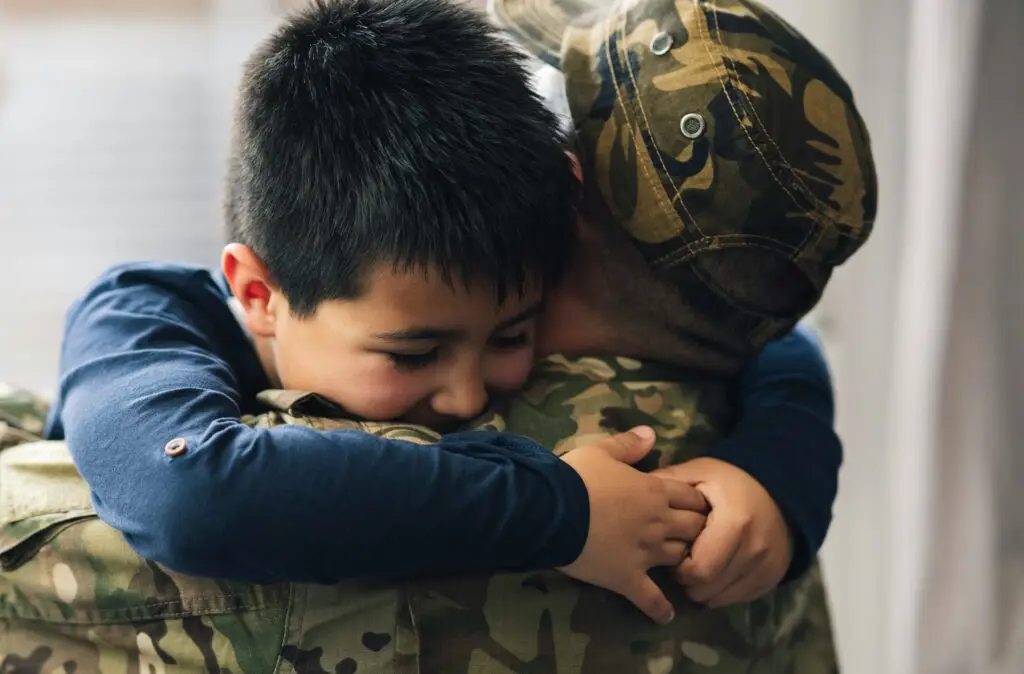The Importance of Mental Health in the Military
Mental health in the military is something that is constantly discussed because of the unpredictable lifestyle military families face. Moves, separations, job changes, and living far from family or friends can make some obstacles difficult to handle. Focusing on your mental health will not make these hardships go away but will help you and your family thrive in this lifestyle.

It can feel impossible to make long-term plans when you start over in a new place every couple of years. No, maybe knowing where you live isn’t part of your “five-year plan,” but it doesn’t mean you shouldn’t look ahead. You can plan for typical (though not always fun) changes. Being honest with yourself and your family is key.
Prioritizing your mental health by working with a therapist will allow you to see the positives and move forward through the hardships.
While these situations are difficult, they are not surprises. By preparing yourself and focusing on your mental health, you can take on these scenarios with a clear mind. Being aware and not letting events overwhelm and take you by surprise are key to success.
Prioritizing Mental Health

All military families experience transitions, Instability, Financial Stress, and Separations/Reintegration. Focus on your mental health by being proactive and prepared to face these challenges..
Mental Health Challenges
1: Transitions: A new job, a new location, new leadership. This list goes on. Changes are inevitable. Identify transitions that you can plan for. Often, a big move is something service members find out about several months to one year in advance. Make a checklist and a timeline for transitions that you know are coming. Include your family in discussions and maintain an open dialogue. A therapist can help you with additional tools as stress levels increase.

2. Instability: New school, new house, new friends, new everything. Starting over at a new place is hard. When you don’t feel anchored, it is hard to care for your family or be successful in your job. Maintaining a routine you can take with you is a great way to focus on your mental health. Keeping up with a fitness routine, taking a walk before or after work, or even keeping up with your weekly cleaning schedule at your new location can help. If your child plays a sport or is interested in an activity, do your best to find something similar. These small comforts make a big impact.
3. Financial Stress: Maintaining a career and juggling childcare are significant obstacles that military families face. Cost of living expenses and job opportunities can vary greatly from place to place. Being honest and smart with your funds will set you and your family up for success.

4. Separation and Reintegration: These events are often seen as the hallmarks of military life. The tearful goodbyes and the heartfelt reunions. They are both far more impactful on the inside. Many families cannot fathom being separated for such a long time. They may have no support and be afraid. Coming together after a lengthy period poses its share of problems.
Therapy, before and after deployments, can be a great way to prepare for these difficult periods. The ability to communicate with one another is as important when you are apart as it is when you’re trying to get to know each other again
The Military and Mental Health
It takes a strong mind, family, and support system to thrive in a military family. Knowing the obstacles that you may face will help you tackle unplanned events. We have a team of therapists at Renewed Wellness Counseling who specialize in working with military members, veterans, and their families. It is so important to find a therapist who understands your unique lifestyle.








